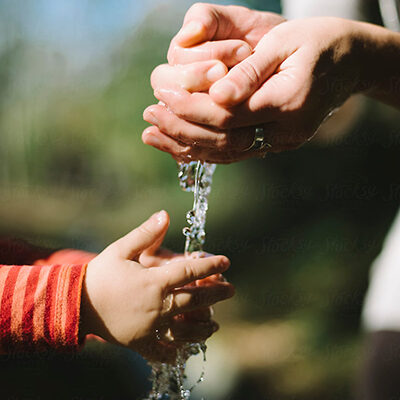Children experience emotions before they learn how to use words to describe those emotions. When a child misbehaves, it’s usually a sign that they are feeling angry, anxious, ignored, or overwhelmed. With training and practice, children can learn how to identify, distinguish, and express their emotions in an appropriate and safe manner. In this article, we look at the competencies of social-emotional techniques in early learning and discuss how they can help counter challenging behaviour.
What is social-emotional learning?
Social-emotional learning is the process through which children learn how to better comprehend their emotions and develop interpersonal skills that are essential for school and everyday life. This type of learning provides a foundation for positive and long-term effects in children by instilling essential skills such as effective emotion management, self-discipline, and impulse control. Children with strong social-emotional abilities cope better with challenges and respond better to changing situations.
How can social-emotional learning help counter challenging behaviour?
Social-emotional learning in early learning aims to improve the social and emotional well-being of children. It does so by focusing on five competencies that can help counter challenging behaviour. These competencies include:
1. Self-awareness
Self-awareness refers to one’s ability to accurately recognize their emotions, values, and thoughts and understand how they influence one’s behaviour. It focuses on the child’s ability to judge their behaviour and performance and to respond to different situations appropriately. Self-awareness enables a child to tune into their feelings and acknowledge the feelings of others. It also fosters a child’s capacity to accept criticism, learn from their mistakes, and listen to and understand the feelings of others. When a child is reflective about their actions and considerate of others, they develop empathy.
2. Self-management
Self-management teaches children to pay attention to their own behaviour and to engage in interaction and complete activities appropriately. For example, self-management teaches children what others expect of them and encourages them to complete these tasks without supervision. With proper self-management training, a child develops the habit of doing the right thing, even when no-one is watching. Research has shown that children who have excellent self-management skills often perform better academically and have fewer behavioural problems.
3. Social awareness
Social awareness teaches children to understand social behavioural norms and to respect the perspective of others with diverse cultures and backgrounds. Children can learn social awareness by engaging in activities that involve them discussing their hobbies and sharing fun facts about themselves. Through these activities, children can understand that their peers are different from them and may often have different views from their own. A sense of social awareness will teach children to respect other people’s choices and opinions. It will also enable them to express their own opinion, even though it may be conflicting, in a respectful and appropriate manner.
4. Relationship skills
This is the ability to establish, maintain, and foster healthy and rewarding relationships, especially with diverse people. In early learning, relationship skills are built through various activities, such as team sports, games, and group projects. These relationships create a platform that encourages collaboration, amicable conflict resolution, and effective communication. It also encourages children to seek and offer help to those in need. These skills can help counter challenging behaviour.
5. Decision-making
Decision-making refers to one’s ability to make respectful and constructive choices about their social and personal interactions. These choices are often based on social norms, safety concerns, and the well-being of self and others. Early learning involves teaching children how to make decisions on their own. This enables them to learn self- discipline, self-control, and assertiveness, and enhances their confidence.
Are you looking for a daycare in Richmond?
Rothewood Academy Early Learning centres prioritizes the development of your child’s social and emotional well-being. Our daycare program integrates various social activities to help your child get in tune with themselves and connect with others.
Fill out our contact form to learn more about our programs or schedule a tour.

